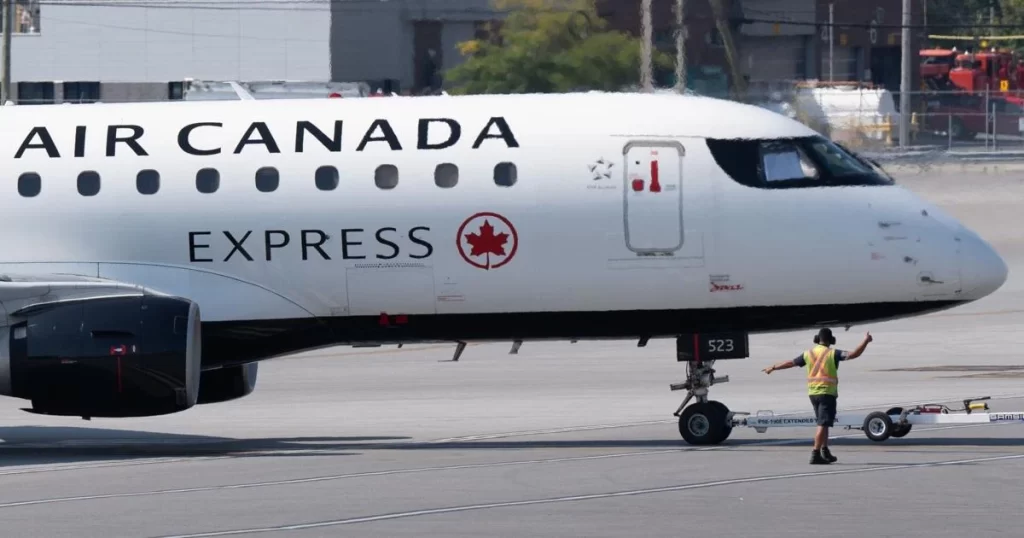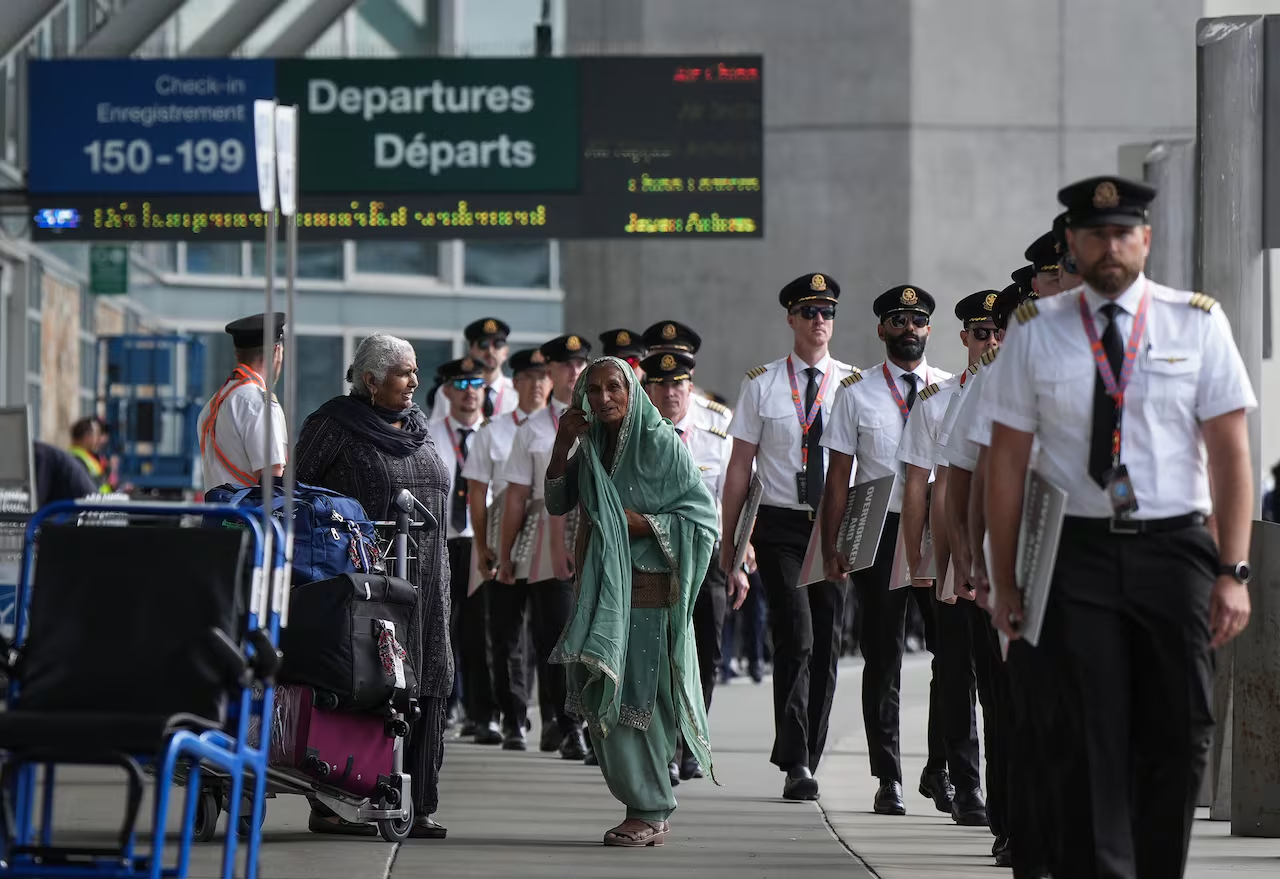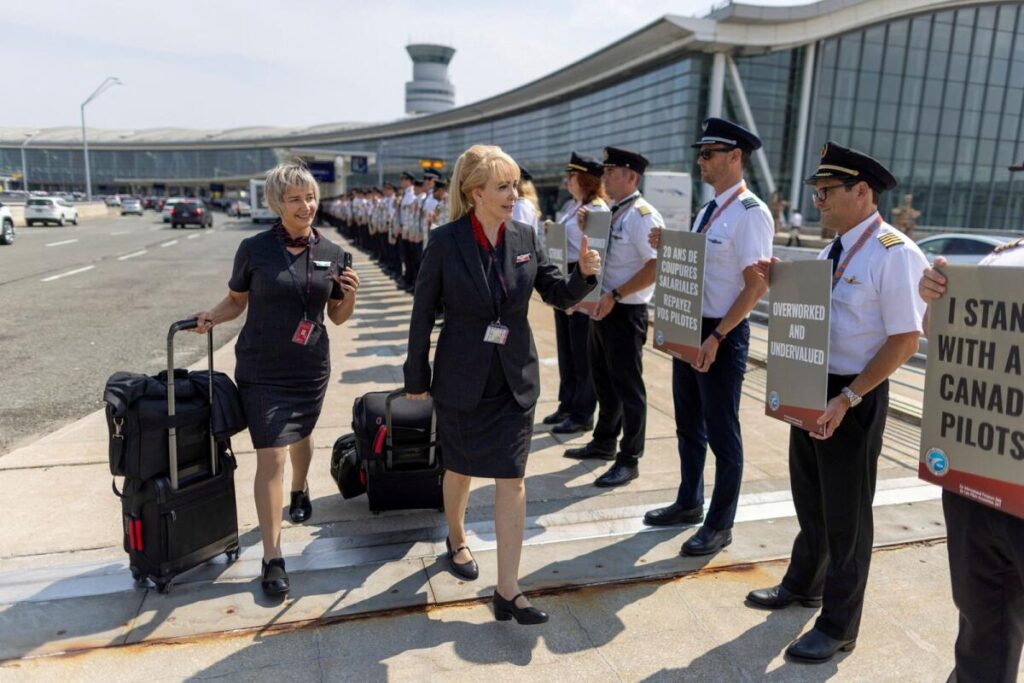Air Canada, Canada’s largest airline, announced early Sunday that it had reached a tentative agreement with its pilots union on a new four-year collective agreement, narrowly averting a potential strike or lockout that threatened to disrupt operations.

The deal was struck just days before Air Canada was set to begin progressively canceling flights, with plans to completely shut down operations as early as 12:01 a.m. EDT on Wednesday, September 18. The airline, which operates nearly 670 flights daily and carries about 110,000 passengers, will now continue normal operations.
“This agreement ensures the continuity of service for our customers and provides long-term stability for our pilots,” said Michael Rousseau, President and CEO of Air Canada, in a statement. The terms of the agreement will remain confidential pending a ratification vote by union members, expected to be completed within the next month.
The Air Line Pilots Association (ALPA), representing more than 5,200 Air Canada pilots, stated that the new contract would provide an additional C$1.9 billion ($1.40 billion) in value for members over its four-year term. This represents a 46% increase over the previous contract that expired in September 2023.

First Officer Charlene Hudy, chair of the Air Canada ALPA master executive council, said, “After several consecutive weeks of intense round-the-clock negotiations, progress was made on several key issues including compensation, retirement, and work rules.”
The negotiations were complicated by the changing landscape of pilot compensation in North America. U.S. airlines have recently negotiated substantial pay raises for their pilots amid a travel boom and staffing shortages. For example, United Airlines’ new pilot contract included pay increases of about 42%, creating a significant pay gap with Canadian counterparts.
ALPA data shows that some United pilots now earn 92% more than their Air Canada counterparts, a stark increase from the 3% gap in 2013. This disparity put pressure on Air Canada to offer competitive terms to retain and attract pilots.

Air Canada had previously offered a wage increase of more than 30%, along with improved pension and health benefits. However, the union initially deemed this insufficient, citing the need to address pay rates and quality-of-life provisions that had remained largely unchanged since 2014.
The tentative agreement marks a significant development in the Canadian aviation industry, which has faced challenges in recent years due to the COVID-19 pandemic and subsequent recovery. The deal, if ratified, is expected to provide stability for both the airline and its pilots in the coming years.
As the ratification process begins, industry observers will be watching closely to see how this agreement might influence future labor negotiations in the airline sector, both in Canada and internationally.


